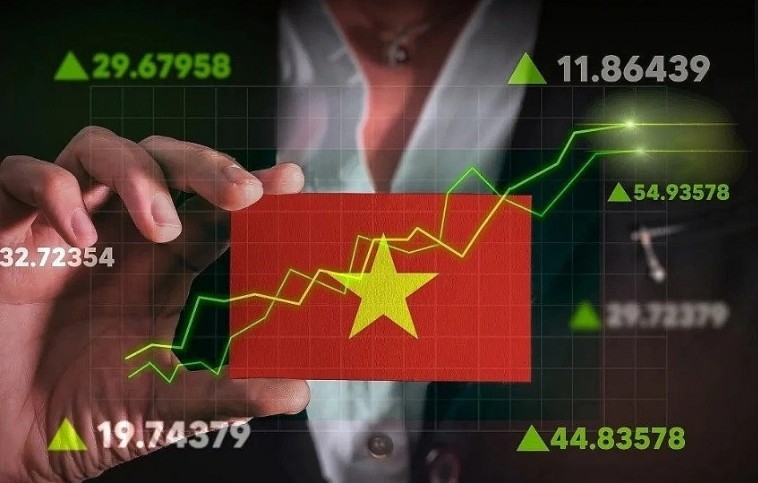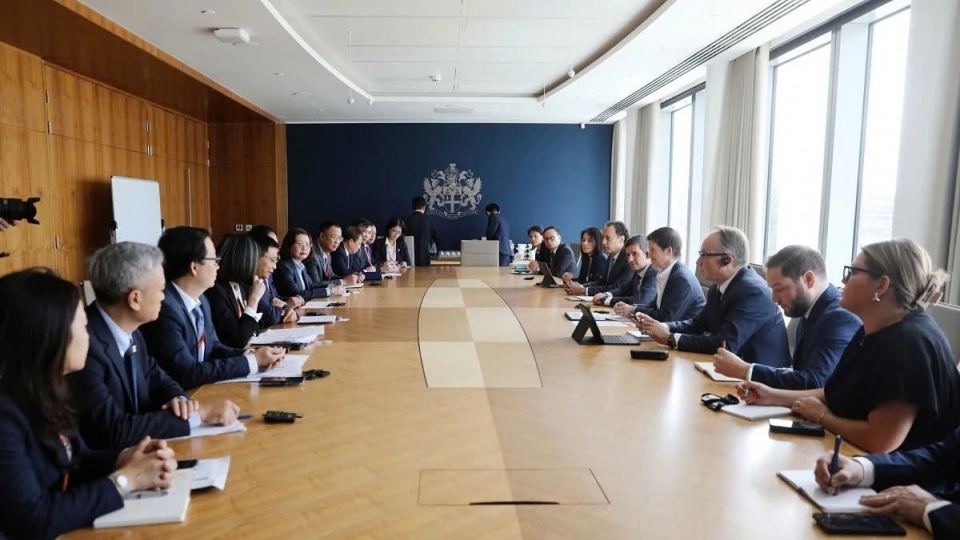Global asset managers back upgrading Vietnam’s stock market
VOV.VN - Vietnam is approaching a milestone as numerous global asset managers express support for FTSE Russell’s proposal to upgrade the Vietnamese stock market from the Frontier Market group to the Secondary Emerging Market group, opening opportunities to attract international capital.
This was reported on September 29 by Market Insider, a platform providing news, data, and analysis on stocks, commodities, cryptocurrencies, gold, and policy.
According to Market Insider, the September consultation by FTSE Russell , a leading global stock market rating and classification provider, showed that about 85% of the 26 major global funds consulted supported the upgrade.
Among the supporters are some of the world’s largest investors, including asset management and investment firm BlackRock, investment advisory and asset manager Vanguard, and asset manager State Street. These US-based firms noted that Vietnam’s stock market has improved liquidity and regulatory alignment.
Financial services firm Fidelity and asset manager PIMCO also expressed support, though with caution, noting the need to monitor the rollout of a trading platform based on the KRX information system, expected in the second half of 2026. Only two smaller funds in Asia opposed the move, citing ongoing trade tensions between the US and Vietnam.
Market Insider noted positive changes in Vietnam’s stock market, including a 15% rise in liquidity compared to the previous quarter, strengthening investors’ market access.
Analysts estimate that if the upgrade is approved, Vietnam could attract an initial passive capital inflow of about US$5-7 billion, followed by active investment. This would position Vietnam as one of Asia’s fastest-growing markets for foreign portfolio investment.
FTSE Russell is expected to announce its upgrade list after the US stock market closes on October 7. If approved, Vietnam would be included in FTSE Russell’s Secondary Emerging Market Index in March next year- a milestone likely to reshape capital flows into the economy regarded as Southeast Asia’s fastest-growing.




